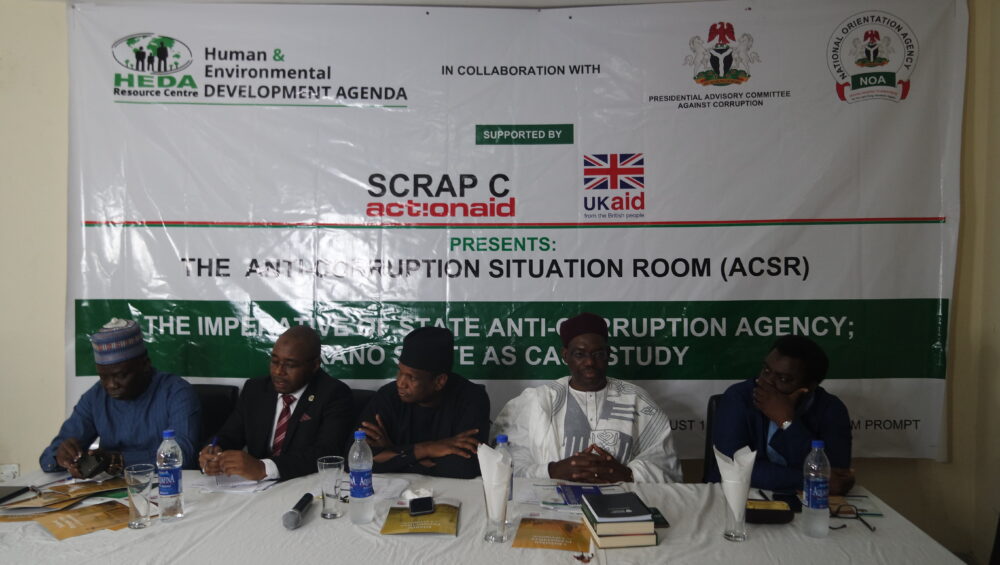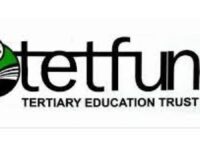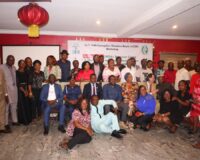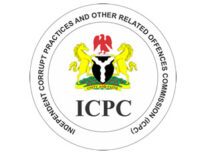Being the Communique issued at the end of a one day seminar organized by Human and Environmental Development Agenda (HEDA Resource Centre) in collaboration with the Presidential Advisory Committee Against Corruption (PACAC) and the National Orientation Agency (NOA) with the theme The Imperative of State Anti-Corruption Agency: Kano State as a Case Study held at the K Suites Hotel, Nassarawa Way, Kano on Thursday, August 01, 2019. The programmed was supported by SCRAP-C actionaid, Ukaid and Mac Arthur Foundation.
Background
Concerned that corruption is a major impediment to sustainable development and livelihood;
Worried that in Nigeria, corruption continues to undermine social and economic growth and that corruption is a breeding ground for social disorder including but not limited to unemployment, crime, violent extremism, even terrorism and other associated miseries;
Recognising the various efforts of the Federal Government in the fight against corruption with associated strength and weaknesses;
Noting that inspite of these efforts, corruption continues to thrive across the country not assisted by the Federal Government’s recent cabinet list which though contains the names of credible people but also dotted by spurious credentials of individuals linked with corruption cases;
Convinced that Nigeria will not attain genuine transformation unless corruption is tackled headlong;
The conference was enriched with an avalanche of highly resourceful personalities including Executive Secretary, PACAC, Prof. Abdullahi Shehu, Chairman of the Kano State Public Complaint Anti-Corruption Commission, Mr Ezenwa Nwagu, Motajo Abdulkareem, Dr. Albari Garba, Mr Ibrahim Zikrillahi, Mr Emmanuel Bonet Emmanuel among close to 50 participants.
The conference received solidarity cum goodwill messages and presentations from Nigeria’s Economic and Financial Crimes Commission (EFCC), the Presidential Advisory Committee Against Corruption (PACAC), National Orientation Agency (NOA), Strengthening Citizens’ Resistance Against the Prevalence of Corruption (SCRAPC), ACORN, Nigeria Labour Congress (NLC), Trade Union Congress (TUC), CHRICED, Independent Corrupt Practices and other Related Offences Commission (ICPC), Kano State Ministry of Justice, Kano State Public Complaint and Anti-Corruption and other civil society platforms.
Participants made the following RESOLUTIONS this day, August 01, 2019:
- That corruption can no longer be isolated as a local challenge but a threat to local and international communities.
- That unmitigated cases of corruption hampers economic growth and development in every state in Nigeria. Now we have the highest number of children who are out of school in the world.
- That corruption must be brought to an end or reduced to its barest minimum through joint efforts and collaboration of civil society, Community Based Organisations, (CBOs) and the government in the interest of individuals and for the stability and prosperity of the people and the country.
- That there has been over concentration of the anti-corruption campaign on Federal Government agencies whereas, the allocation of natural resources skew in favour of the State and Local Governments with about 52 percent to the FG’s 48 percent with data-driven facts that corruption is more pronounced within the States and LGs than that of the Federal Government.
- That a significant amount of corruption that happens in our country happens at the states and local government levels and that civil society groups should intensify efforts in engaging the states and local governments on the need to expand and tackle corruption mainly at the state level.
- Kano state set a good example in principle in 2008 by setting up the Kano State Anti-Corruption Commission. The remaining 35 states of the Federation are encouraged to set up similar anti-corruption agencies with strong flavor for independence and a human resource base driven by credibility and moral uprightness.
- That the proposed State anti-corruption Commissions should have strong and effective laws, investigative and enforcement mechanisms in the states’ Commissions for effective investigation and diligent prosecution.
- Henceforth, participants will reinforce a network to ensure that the anti-corruption dragnet is spread to cover activities focusing on the States and LGs;
- Summit supports the policy of the Nigerian Financial Intelligence Unit (NFIU) allocation of resources directly to Local Governments as such will promote accountability and inclusiveness.
- State and Local Governments should promote and adopt the TSA policy as a way of preventing graft.
- For the anti-corruption agencies to effectively discharge their responsibilities, they should be well resourced.
- That the anti-corruption campaign will be more effective when it is driven by the people. Journalists should be more proactive through investigative reporting in the collaborative efforts of exposing corrupt institutions and individuals.
- The anti-corruption situation room commended the initiative and leadership of the HEDA Resource Centre, the Presidential Advisory Committee Against Corruption, (PACAC), and the National Orientation Agency, (NOA) for putting together this laudable, enriching, and empowering conference.





